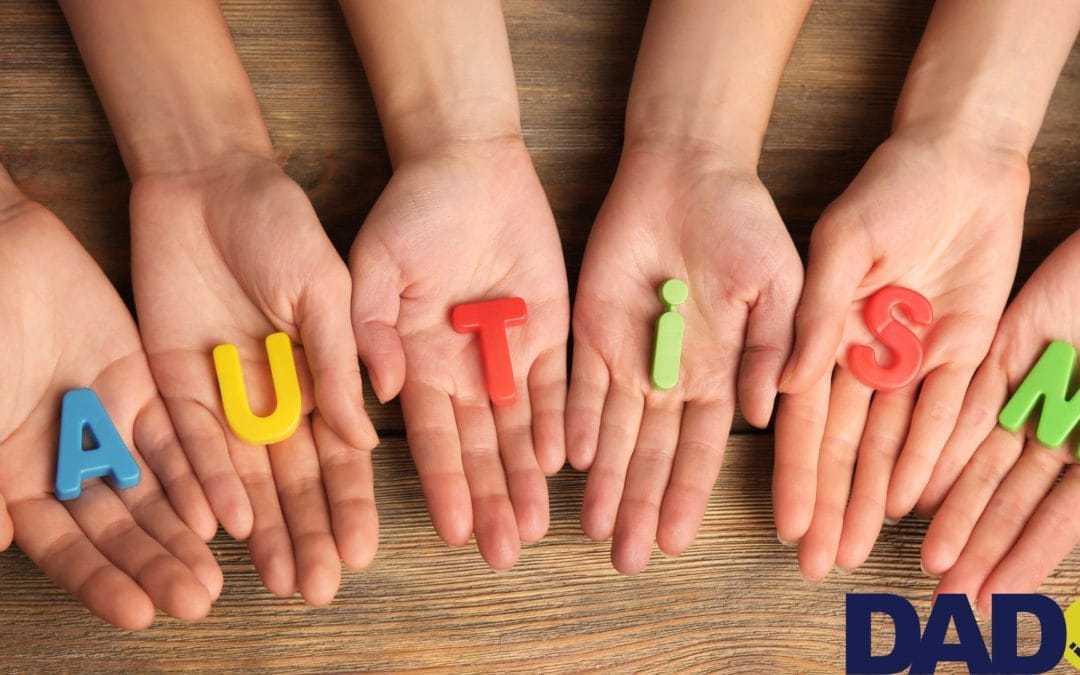Looking at emotions and male gender stereotypes that we see in society today, how do they affect our children? Maybe you had them said to you as a child. Maybe you have heard other parents say them to children. Maybe one of these phrases, or something similar, has even passed your lips. One thing is certain, that it is really important to be aware of how phrases like this are not only not helpful but are actually potentially harmful towards the healthy development and well-being of your child. In fact, there are also suggestions that parents, yes including dads, showing their children that they also have emotions and can express them, is also beneficial…
Should a dad cry?
It seems to be becoming slightly more culturally acceptable for men to shed a few tears – during an important sporting moment, through grief or a tragedy, or perhaps the birth of their child. But there are still some double standards when it comes to men expressing their feelings, and even in the media we still today see examples of men being moved to tears and being criticised for being so.
There is a ‘traditional’ view that a man’s role is to be ‘strong,’ and an assumption that this, therefore, means either not having any feelings or not expressing them.
But is this true?
Of course not. It is not strong to hide how you really feel about something. Strong is being able to explain to someone how something has made you feel. Strong is to not be afraid of your feelings. Strong is being able to ask for help with feelings when they become overwhelming.
What does this have to do with you? Well, you are your child’s role model. They will learn most about this from you as their parent. So how you respond to them expressing their feelings, and how they see you handling your feelings, literally will teach them their blueprint for this.
The suggestion is that parents should actually be showing that it is ok to show emotions, it is ok to cry, and so seeing a dad crying at a sad movie, for example, could actually be beneficial.
What messages are we giving our children?
Phrases like ‘Only sissies cry’ or ‘stop crying over nothing’ are harmful on many levels. Firstly, they tell our children that tears are a sign of weakness. Secondly, they tell them that we don’t want to talk about what they are feeling, that it isn’t important. Thirdly, some of these phrases are actually very sexist, suggesting that girls are weak! How amazing that a few habitual little words can carry so much loaded meaning!
Numerous studies show that while boys and girls differ in some ways, they do not differ in others. They do not differ in how they may feel sad about something, or in how they may express this through crying. But boys and girls do differ in how society will often react to them crying, and this teaches them what is ‘ok’ or not – what is ok to feel, what is ok to show about how they feel – and this can change how they go on to interpret, experience and behave in life.
The issue is, some boys might be taught to not show their emotions, but this doesn’t mean they don’t have them. They don’t just disappear because they are inconvenient or deemed ‘inappropriate’ by someone else. Instead, they are repressed and hidden away – which can cause numerous issues as we explore below, or expressed in other ways – through ‘naughty’ behaviour or even anger/aggression. This is even seen as being culturally acceptable – ‘boys will be boys!’ Do we really think encouraging aggressive, angry behaviour to hide emotions is preferable to just expressing them?!
Furthermore, repressing feelings is potentially having some quite serious ramifications for men. Bear in mind that boys and men are more likely to commit suicide than women, with the rates increasing for males from 16 years of age. Men are 3-4 times more likely to commit suicide than women, and highest rates are among men under 35. In recent years, suicide has even become the single largest cause of death for young men, more so than road traffic accidents.
Furthermore, men are less likely to seek medical services like GPs, less likely to seek support with mental health difficulties. Is it any surprise? If you have been taught that it is ‘weak’ to have or express their feelings, how could you go ever admit to anyone you had those feelings?
The mental health of boys and men is really important and has notably been getting worse over recent years. Perhaps it is time that we start addressing this by looking at how we discuss these things with our children, that we stop telling our sons they should stop expressing their feelings, and instead start saying that it is ok to have them and share them and that people do care.
Updated: Oct 2017








